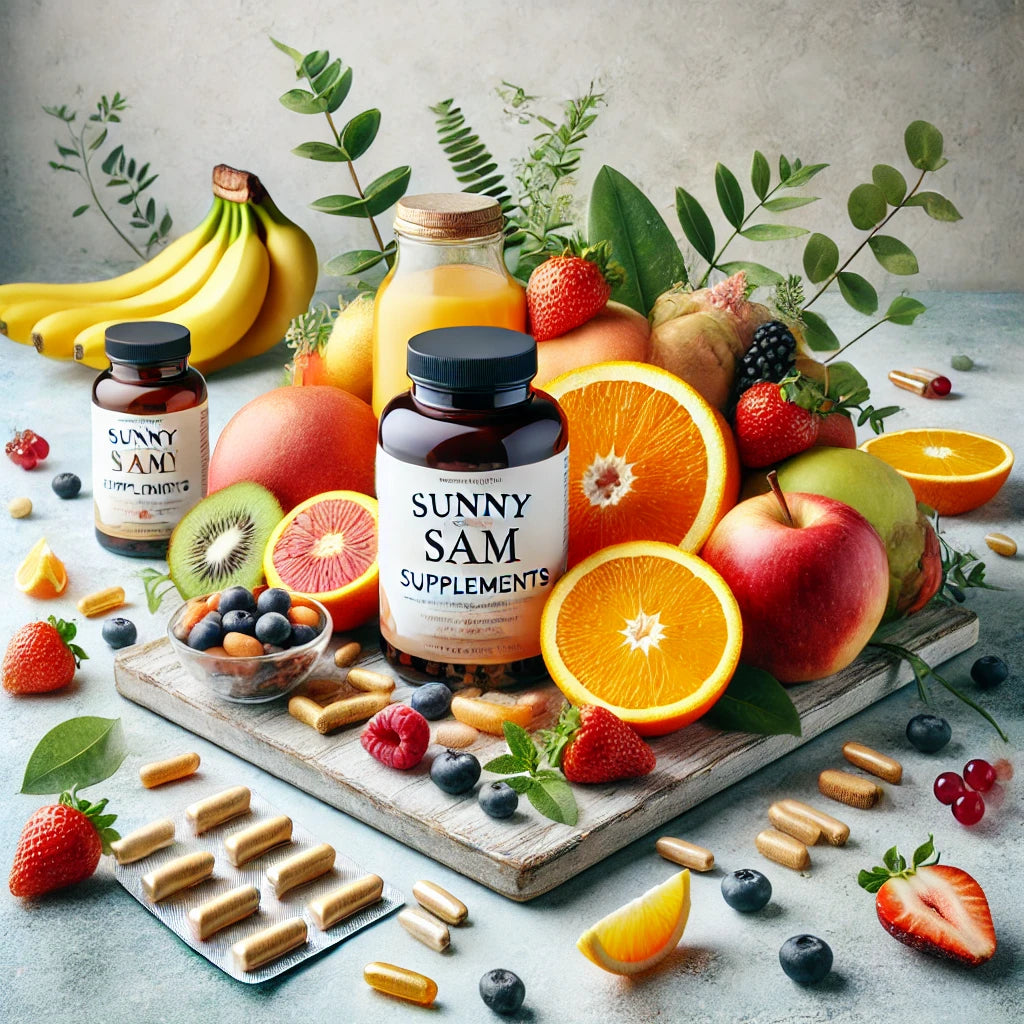As the seasons change, so do the demands our bodies give us. Colder months leave you craving comfort foods, while the warmth of summer will have you thinking about lighter, refreshing meals. Shifts in weather, sunlight, and the length of the day significantly affect all living organisms and their nutritional needs.
Did you know that the way your body absorbs nutrients can change with the seasons? Not to mention that our hydration and even immune systems are tied to seasonal shifts! Understanding these changes and how our bodies react to them will help you adjust your diet accordingly to feel your best all year round.
Winter Nutritional Needs
The shorter days and chilly temperatures bring an increased risk of colds and infections during winter. Your body naturally craves comfort foods during this time, so you might consider focusing on warm, energy-dense meals to keep you cozy. Don’t forget that you also need extra nutrients to keep your immune system strong and your energy levels steady.
Vitamin D becomes everybody’s best friend in winter because of less exposure to sunlight. While fatty fish and egg yolks are excellent natural sources of sunshine vitamin, supplements might often be necessary to fill nutritional gaps. Zinc and Vitamin C are also winter heroes, as they strengthen immunity and help fend off seasonal bugs. Sunny Sam offers a range of winter-appropriate supplements to keep your whole family healthy during the cold season.

Spring Nutritional Needs
Spring is the season of renewal and growth, and your nutrition needs refreshment along with nature. After a heavy, energy-dense winter diet, your body will probably benefit more from lighter and fresher foods. Such meals will provide plenty of dietary fiber and help you detox naturally. There’s no better time to increase your intake of fresh fruits and vegetables than spring - they are rich in vitamins and keep you energized as the days get longer.
Consider incorporating seasonal greens like spinach and asparagus into your diet - these products are full of nutrients and antioxidants that help you shake off winter fatigue. Turmeric and ginger are also anti-inflammatory and are especially great for those suffering from seasonal allergies.

Summer Nutritional Needs
As temperatures rise, the great outdoors calls us to engage in a more active lifestyle. The season of sunshine, however, changes your body’s need for water and electrolytes. Staying hydrated is the most important thing for your health during summer, so it’s always a good idea to include water-rich watermelon and cucumber into your family’s daily routine. During summer, your body benefits from light and cooling meals that keep you energized without feeling heavy.
Don’t forget about your skin during the hot days. You need constant protection from the sun, and while sunscreen should never leave your side, beta-carotene-rich foods like carrots and sweet potatoes can further reduce the effects of UV exposure.

Fall Nutritional Needs
Once the summer sunshine fades, it’s time to prepare for winter. The cooler autumn weather calls for more hearty and nutritious meals for both comfort and wellness. Fall is an excellent time to start giving your immune defenses a little extra help with foods rich in zinc and other nutrients. Consider squash and sweet potatoes - both are packed with vitamins A and C that strengthen your immune response and ensure you’re ready for the cold winter ahead.
During fall, your diet usually shifts to heavier foods, which might put some strain on your gut. Incorporating fermented foods as sources of probiotics can keep your digestive system in check, so it’s always a good idea to eat more yogurt or even start taking probiotic supplements.

How Supplements Can Help You Stay Healthy
While maintaining a balanced diet should always be your goal, seasonal changes sometimes challenge our bodies to get everything they need from food alone. Plus, millions of people suffer from food allergies and various dietary restrictions that usually make it impossible to eat certain foods.
Such cases are exactly where supplements prove themselves. For instance, Sunny Sam’s organic vitamin D supplement can bridge the gap when you’re practically never exposed to sunlight. Probiotics, as we said, are particularly helpful in fall and winter when we consume heavier meals, although they’re excellent for gut health year-round.
The key is to complement your diet with supplements, not fully replace your meals with them. It’s critical to correctly determine what exactly your body needs and always use high-quality, organic products. Don’t forget to check in with a healthcare professional before introducing any new supplements into your family’s diet! Carefully following dosage instructions can make all the difference, as over-supplementation can do even more damage than malnutrition.

Final Thoughts
Adapting your daily habits and nutrition to the changing seasons is one of the best ways to ensure you’re in your best shape all year long. Let your body tell you what it needs, and include seasonal foods to stay strong and resilient. When food alone won’t be enough, you can always find the right supplements at Sunny Sam that will help you fill the gaps and keep your body stronger than ever.
Don’t overlook the importance of a well-rounded diet and an active lifestyle, though. Remember, supplements are only here so they can give you a little extra help. As long as you consult with a doctor and meticulously follow their recommendations, you can complement your diet and supplements to set yourself up for a healthy year.


